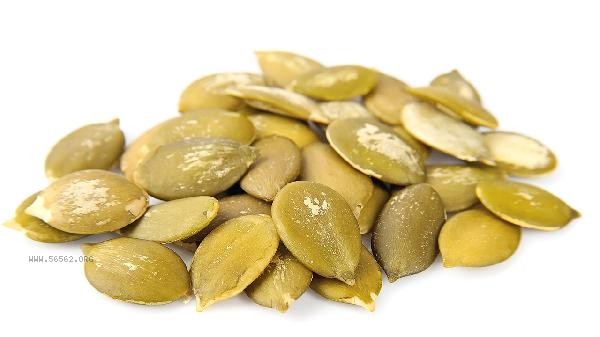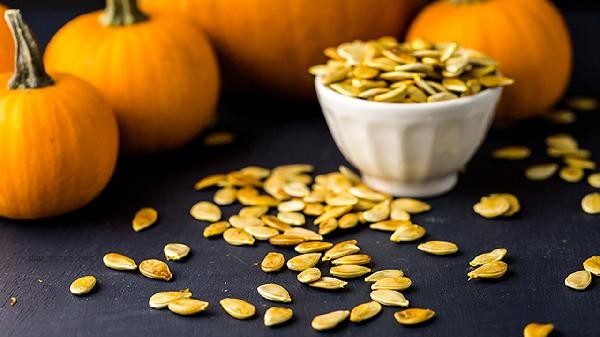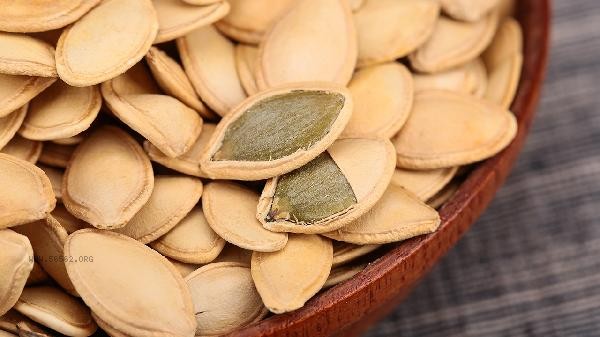Eating too many pumpkin seeds may lead to weight gain, but moderate consumption usually does not result in significant weight gain. Pumpkin seeds contain nutrients such as fat, protein, and dietary fiber, and excessive intake may lead to obesity due to excessive calorie intake. Controlling daily intake and combining it with a balanced diet can prevent excessive calorie intake. Pumpkin seeds belong to high-fat nut foods, with about 49 grams of fat per 100 grams and high calorie content. Its fat is mainly composed of unsaturated fatty acids, which are beneficial for cardiovascular health, but excessive consumption can still accumulate excess calories. The dietary fiber in pumpkin seeds can enhance satiety, and moderate consumption can help control appetite, but excessive intake at once may affect weight management due to excessive calories. It is recommended to limit the daily consumption to 20-30 grams, with about two tablespoons of peeled pumpkin seeds being appropriate.

Special circumstances such as metabolic abnormalities or obesity require greater caution. This group of people has weaker fat metabolism ability, and excessive consumption of pumpkin seeds may exacerbate fat accumulation. Partially baked and seasoned pumpkin seeds have added sugar or salt, further increasing the risk of calorie and sodium intake. Individuals with insulin resistance or hypertension should choose plain pumpkin seeds and strictly limit their intake. Pumpkin seeds can be used as a healthy snack to replace high sugar foods in daily life, paired with yogurt or salad to increase nutrient density. Be careful not to eat with fried foods, and supplementing in moderation after exercise can help with energy recovery. Long term weight managers recommend recording nut intake, maintaining a diverse diet structure, and consulting a nutritionist to develop personalized plans if necessary.










Comments (0)
Leave a Comment
No comments yet
Be the first to share your thoughts!